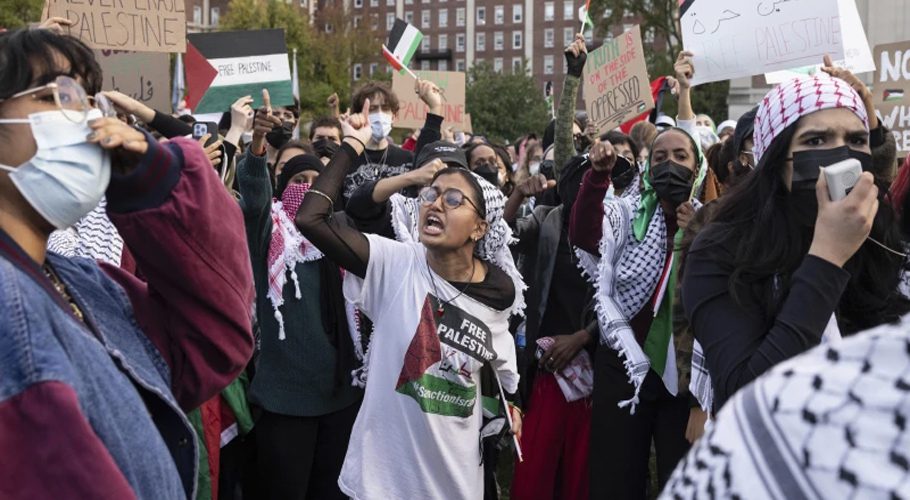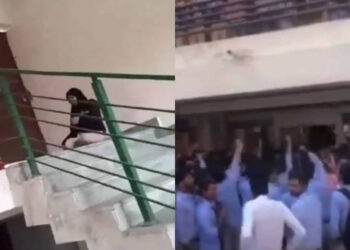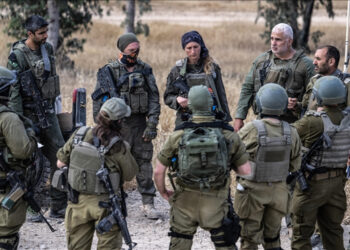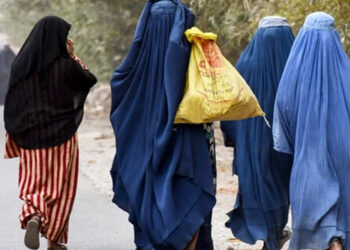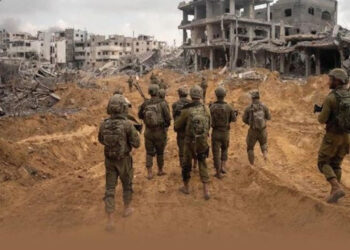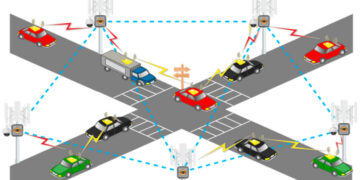![]() Follow Us on Google News
Follow Us on Google News
As the death toll rises in the Israel-Hamas war, America’s colleges have become seats of anguish.
Many Jewish students and their allies, some with family and friends in Israel, have demanded bold reckonings and strong condemnation after the attacks by Hamas militants, who stormed from the blockaded Gaza Strip into nearby Israeli towns, killing and abducting civilians and soldiers.
Meanwhile, some Muslim students have joined with allies to call for a recognition of decades of suffering by Palestinians in Gaza, plus condemnation of the response by Israel. After the Hamas attack, Israel launched a total blockade of Gaza; airstrikes have flattened buildings and homes, killing civilians and forcing hundreds of thousands to evacuate.
On many campuses, these students agree on one thing: Their colleges, which are increasingly staking out positions of neutrality, have not done enough to support them.
College officials, already under pressure to allow conservative opinions on campus, have been trying to preserve free speech and open debate. But the conflict has presented an excruciating challenge.
“This is an incredibly difficult free speech moment on campuses, where both sides have deeply passionate, entrenched, intractable views,” said Alex Morey, director of campus rights advocacy at the Foundation for Individual Rights and Expression, which is recommending that colleges try to remain institutionally neutral.
“We want to create an ideal climate for debate and discussion on campus, and the only way we can do that is if we step out of the debate,” Morey said.
Yet staying neutral is not always easy. Students for whom the conflict is intensely personal want their administrations to recognize how they are affected by traumatic events and use their stature to denounce what they see as moral wrongs.
Colleges across the country have put out statements on the war. Many have faced criticism for not going far enough in condemning Hamas’ attack, or for failing to condemn civilian deaths in Gaza, or for leaving out context and history from the region. As of Saturday the death toll was more than 2,200 in Gaza and over 1,300 on the Israeli side — many of those civilians — and roughly 1,500 Hamas militants killed in the fighting, according to authorities.
Stanford University, for one, has shifted more toward neutrality as events unfolded.
On Monday, officials at the California school said they were “deeply saddened and horrified by the death and human suffering” in Israel and Gaza and hoped for “thoughtful opportunities for sharing knowledge” on campus. In response, dozens of faculty signed a letter demanding “unambiguous condemnation” of the Hamas attacks.
At Columbia University, the campus was closed Thursday as a safety measure as hundreds attended dueling pro-Israel and pro-Palestinian rallies. Some students were angry that a statement from the university president did not go far enough to acknowledge Palestinian deaths.







